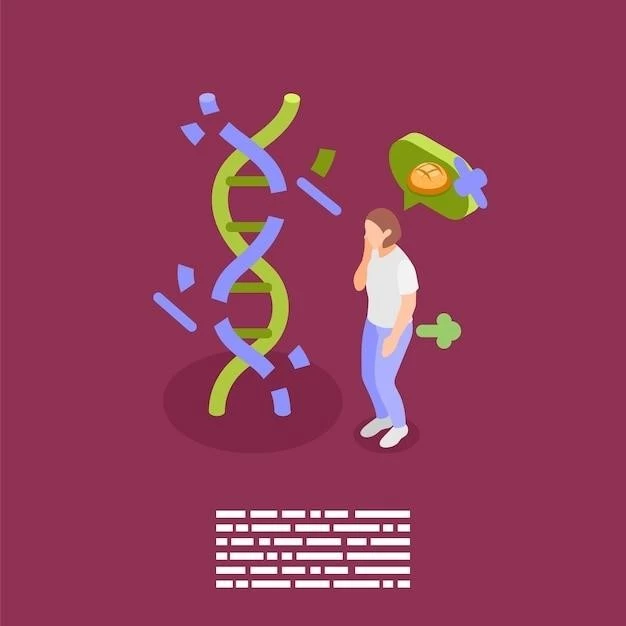Understanding Chromosome 1 Disorders
This section explores the causes, symptoms, treatments, and prognosis of Monosomy 1p32 and Chromosome 1 Deletion.
Causes of Monosomy 1p32
Monosomy 1p32 is typically caused by a deletion on the short arm of chromosome 1. This deletion can be due to genetic mutations, errors in cell division, or environmental factors affecting the chromosomes. Understanding these causes is crucial in diagnosing and treating this genetic disorder.
Symptoms of Chromosome 1 Disorders
Chromosome 1 disorders can manifest in various ways, including developmental delays, intellectual disabilities, distinctive facial features, heart defects, and skeletal abnormalities. Individuals with these disorders may also experience speech and language difficulties, seizures, and vision or hearing problems. Recognizing these symptoms is essential for early intervention and management of the condition.
Treatment Options for Monosomy 1p32
Treatment for Monosomy 1p32 aims to address the specific symptoms and complications present in individuals. This may include early intervention programs, speech therapy, physical therapy, educational support, and surgeries to correct congenital abnormalities. A multidisciplinary approach involving medical specialists, therapists, and educators is often utilized to provide comprehensive care and support tailored to the individual’s needs.
Prognosis of Chromosome 1 Deletion
The prognosis of Chromosome 1 Deletion varies depending on the size and location of the deletion٫ as well as the specific symptoms and health complications experienced by the individual. Early diagnosis٫ appropriate medical interventions٫ and supportive care can significantly impact the prognosis. Regular monitoring by healthcare providers and genetic specialists is essential to assess progress and adjust treatment plans as needed.

Managing Chromosome 1 Abnormalities
This section highlights strategies and resources available for individuals with Chromosome 1 abnormalities.
Genetic Counseling for Monosomy 1p32
Genetic counseling for Monosomy 1p32 involves providing individuals and families with information about the genetic condition, inheritance patterns, available testing options, and psychological support. Counselors help individuals understand the implications of the genetic disorder, make informed decisions about family planning, and navigate the challenges associated with the condition.
Research Advances in Chromosome 1 Disorders
Ongoing research into Chromosome 1 disorders is focused on understanding the genetic mechanisms underlying these conditions, developing targeted therapies to address specific symptoms, and improving diagnostic tools for early detection. Collaborative efforts between scientists, clinicians, and advocacy groups are driving progress in unraveling the complexities of Chromosome 1 abnormalities and exploring novel treatment approaches to enhance the quality of life for affected individuals.
Support Groups for Individuals with Monosomy 1p32
Support groups provide invaluable emotional support, shared experiences, and resources for individuals and families affected by Monosomy 1p32. These groups offer a sense of community, opportunities for education, and a platform to discuss challenges and triumphs related to living with a Chromosome 1 disorder. Connecting with others facing similar situations can foster resilience, empowerment, and a sense of belonging in navigating the journey of Monosomy 1p32.
